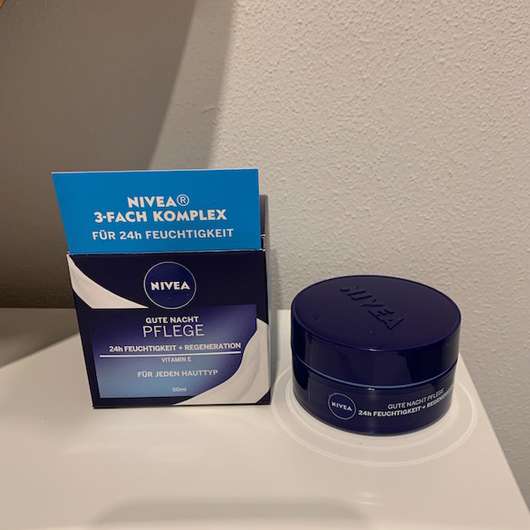
NIVEA Fresh Bloom Gift Box, NIVEA Lotion and NIVEA Body Souffle, Cherry Blossom and Jojoba Oil, 2 Piece Skin Care Gift Set

NIVEA Moisturizing Must-Haves Gift Set, NIVEA Hand Cream and NIVEA Lip Balm, Hand Cream and Lip Balm 4 Piece Gift Box


.jpg)



![Beauty] Nivea Protect & Shave Rasierer im Test! - Leonas Lalaland Beauty] Nivea Protect & Shave Rasierer im Test! - Leonas Lalaland](http://leonas-lalaland.de/wp-content/uploads/2016/03/IMG_2911.jpg)











